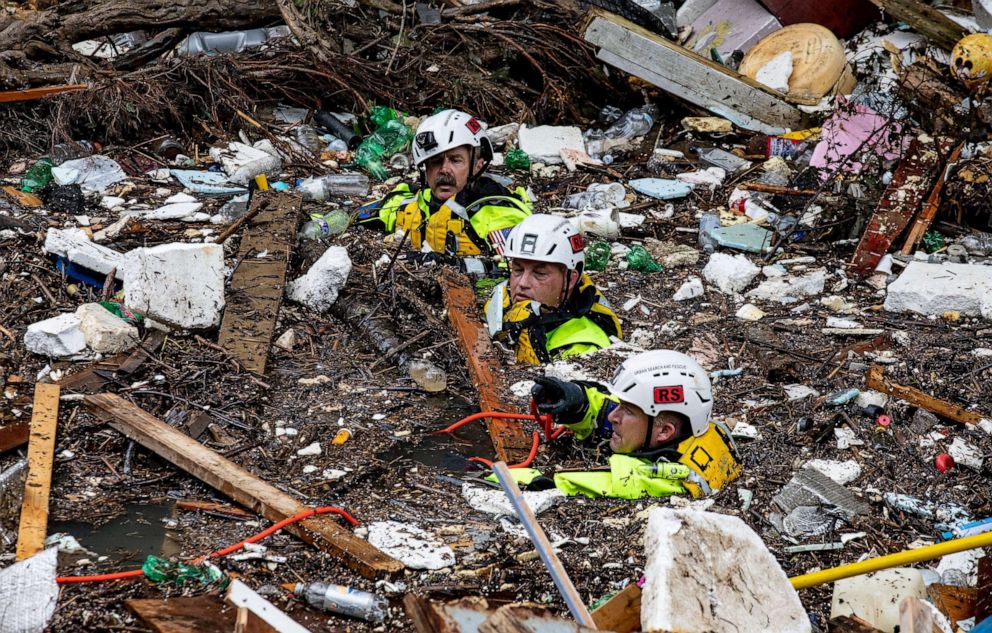Extreme flooding, drought is making risk management difficult and ineffective, researchers say
As more unprecedented events occur, risk management efforts may not be enough.
Risk management strategies for floods and drought may not reduce the effects of unprecedented extreme weather events as they become more frequent due to climate change, researchers are warning.
In the past, even with effective risk management efforts that reduced global vulnerability to floods and drought, the regions affected still suffered dire consequences, researchers at the German Research Center for Geosciences stated in a study published Wednesday in Nature.
Those events are already increasing in severity in many parts of the world. If the planet warms by 2 degrees Celsius since the Industrial Revolution started, the worst-case scenario presented in the Paris Agreement and many climate change studies, flooding events may double globally and even triple in some places, according to the study.
The planet has already warmed a little more than 1 degree Celsius, according to scientists.
The researchers analyzed a dataset of 45 pairs of flood or drought events that occurred in the same area at different time points -- about 16 years apart on average -- and found that, in general, risk management reduced the impact of floods and drought.

However, when the events were at magnitudes that have not been previously experienced, the effectiveness of the risk management strategies may not as successful, regardless of the approaches taken and whether they had worked in the past, the researchers found.
This may be due to aging infrastructure that was designed to manage a hazard much less menacing than the extreme weather events that are occurring today, such as levees or water reservoirs being exceeded, according to the study.

In addition, flaws to human risk perception, especially for rare extreme events, might hinder efforts to anticipate them and lessen their effects, the researchers said.
In the past two weeks, the U.S. has experienced heat waves in regions that had rarely reached triple-digit temperatures, such as the Pacific Northwest, and back-to-back devastating flooding events in regions that are not built or equipped to handle such an influx of precipitation that modern day storm systems are carrying, such as the record flooding that occurred in Missouri and the catastrophic flooding that claimed dozens of lives in eastern Kentucky.
The researchers did note successful responses from two events in which the second event was more hazardous but the effects were less than those of the first event -- flooding in Barcelona in 1995 and 2018 and Danube catchment floods in Austria and Germany in 2002 and 2013.
They hypothesized that the lessened damage from the second event was due to improved risk management investment and integrated management approaches, which then led to improved early warning and emergency responses.

The findings highlight the difficulty of managing such extreme events as warming global temperatures increase the frequency and intensity of not just floods and drought but storm systems and wildfires as well, the researchers said.
The successful responses can serve as an example for risk management efforts for future unprecedented weather events, the authors concluded.






